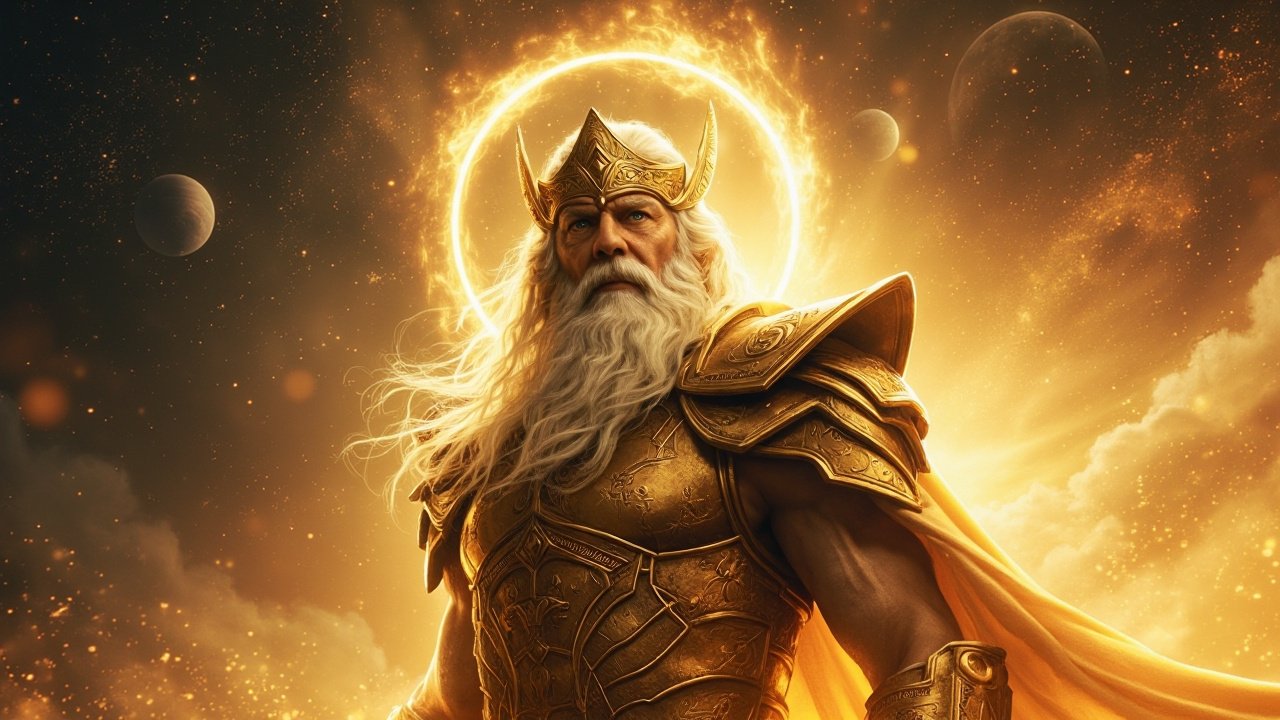
Why Did Israel Want a King?
The people of Israel were never meant to be ruled like the surrounding nations. God had set them apart, leading them through judges and prophets. But in 1 Samuel 8, Israel grew restless.
“Now appoint a king to lead us, such as all the other nations have.” – 1 Samuel 8:5
They rejected the Lord as their King and demanded a human figure to rule over them. Despite Samuel’s warnings that a king would bring burden, taxation, and oppression, the people insisted. And so, God gave them what they asked for—not what He wanted, but what they demanded.
“They have not rejected you, Samuel, but they have rejected Me as their king.” – 1 Samuel 8:7
Who Was King Saul, and Why Did God Choose Him?
Saul was from the tribe of Benjamin. Though outwardly he looked like a king—tall, handsome, and noble—he was not God’s first choice. He was the people’s choice. God permitted Saul to be anointed as king to teach Israel the consequences of trusting human image over divine instruction.
Saul began his monarchy with potential. In 1 Samuel 10, he was anointed by the prophet Samuel, filled with the Spirit of God, and even prophesied among the prophets. He was initially humble, reserved, and reluctant to be king, hiding when it was time to be presented.
But over time, that humility turned into arrogance. Fear of man replaced fear of God. Insecurity fed rebellion. And Saul lost the very thing that made him king: God’s favor.
“When you saw that Nahash king of the Ammonites was moving against you, you said to me, ‘No, we want a king to rule over us’ — even though the Lord your God was your king.” – 1 Samuel 12:12
The Spiral of Saul’s Disobedience
1. Offering Unauthorized Sacrifices (1 Samuel 13)
When Saul saw his soldiers scattering and Samuel hadn’t arrived, he took matters into his own hands. He offered burnt sacrifices himself — a role reserved for the prophet.
“You have done a foolish thing,” Samuel told him. “You have not kept the command the Lord your God gave you… now your kingdom will not endure.”
2. Partial Obedience in Battle (1 Samuel 15)
God commanded Saul to utterly destroy the Amalekites and all they possessed. Why?
Because Amalek had attacked Israel from behind during the Exodus (Deuteronomy 25:17-19). It was a nation marked for judgment. But Saul spared King Agag and kept the best livestock, making excuses for his disobedience.
“To obey is better than sacrifice, and to heed is better than the fat of rams.” – 1 Samuel 15:22
This was not just an act of defiance, but a rejection of God’s justice.
3. Turning to Darkness (1 Samuel 28)
When the Philistines prepared to attack and God remained silent, Saul panicked. He disguised himself and visited the Witch of Endor to summon Samuel’s spirit.
This act violated God’s law and confirmed his fall. He had moved from anointed vessel to desperate traitor.
Samuel: The Prophet Who Represented God’s Heart
Samuel was not just a prophet—he was the last of the judges, a man fully yielded to God. He warned the people of the consequences of rejecting the Lord’s rule. He grieved deeply over Saul’s failure.
Even in grief, Samuel obeyed. He anointed David, God’s chosen king.
“How long will you mourn for Saul, since I have rejected him as king over Israel?” – 1 Samuel 16:1
David: The Contrast of God’s Choice
David, a young shepherd, had none of Saul’s outward qualifications. But God saw his heart. David was not sinless, but he was sincere. He worshiped, repented, and walked with reverence.
“The Lord does not look at the things people look at… the Lord looks at the heart.” – 1 Samuel 16:7
While Saul tried to cling to the throne, David waited patiently. He refused to kill Saul, even when given the chance.
Saul’s Death and Legacy
Saul’s monarchy began with promise but ended in shame. Wounded in battle and afraid of capture, he fell on his own sword (1 Samuel 31).
His once-blessed reign became a cautionary tale. He had the position, but not the obedience. He had the crown, but lost the covering.
“Saul died because he was unfaithful to the Lord; he did not keep the word of the Lord and even consulted a medium for guidance.” – 1 Chronicles 10:13
This Is About More Than Saul
This story mirrors our generation:
- We demand leaders that look the part rather than listen to God.
- We place charisma over character.
- We elevate pride over repentance.
Modern-day Sauls abound: political figures, pastors, influencers. They still wear the crown, but the Spirit has departed.
Final Lessons
- God may allow your demands, but they carry consequences.
- The crowd’s choice is not always God’s choice.
- Disobedience removes favor, even if you’re still in position.
- Seeking answers outside of God leads to destruction.
- The appearance of leadership means nothing without the anointing.
- Pride and fear of man will always lead to compromise.
Call to Action: Choose God’s Voice, Not Man’s Image
Are you asking for what you want, or what God desires? Are you following leaders because of how they look, speak, or impress? Or are you discerning with God’s Spirit?
Be advised: The story of Saul is not ancient history—it’s a prophetic mirror. Don’t beg for a king when you already have a King. Don’t follow the crowd into rebellion. Listen. Obey. Return to the Lord before silence becomes your judgment.
Scripture References:
- 1 Samuel 8–31
- 1 Chronicles 10:13–14
- Deuteronomy 25:17-19
- Acts 13:22



